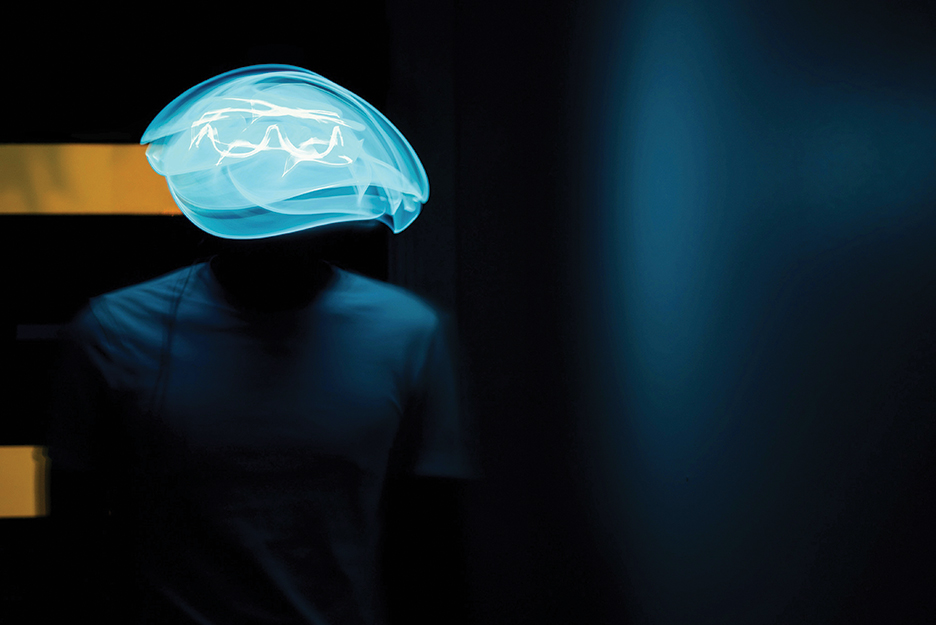KELSI BELZ, DC, CACCP
Have you ever had one of those days? Nothing’s going your way. You wake up to an empty egg carton, realize you forgot to get gas, and now you’re running late. It’s not even 8:00 A.M., and to top it off, that nagging low back pain is flaring up… worse than it’s been in weeks.
So why does it feel like your body is joining in on the chaos? Is it just bad luck, or is something deeper at play?
Believe it or not, your body isn’t sabotaging you. Pain is not just a physical sensation – it’s deeply connected to your emotional and psychological state. While most people think of pain as purely biological, modern science paints a more complex picture. Pain has three main components: biological, psychological, and emotional. Today, we’re focusing on the emotional side… and why it matters.
Let’s revisit that hectic morning. It’s a type of day most Denverites, especially in our active Wash Park community, have experienced. What starts as a minor ache quickly becomes intense discomfort.
Why? Emotions like stress, anger, anxiety, fear, and sadness can all magnify your perception of pain. When you’re emotionally overwhelmed, your brain focuses more on the pain, amplifying it beyond its original intensity.
This creates a negative feedback loop:
• You feel pain.
• That pain triggers frustration or fear.
• Those emotions increase your awareness of the pain.
• The pain feels worse—fueling more negative emotion.
This loop can also start in reverse. Emotional stress alone can trigger physical pain, especially in areas like the neck, shoulders, and lower back. That doesn’t mean your pain is imaginary! Your emotional state has tangible effects on your nervous system and muscle tension, which can make pain more intense and persistent.
Good News: Positive Emotions Help, Too
The same emotional influence that worsens pain can also work in your favor. Positive emotions like joy, gratitude, and calm can reduce pain intensity and even help prevent flare-ups.
Think about how little you notice discomfort while on a relaxing vacation. The ocean breeze, laughter, or a great meal can redirect your brain’s attention away from pain. By disrupting the negative loop, positive emotions help calm the nervous system and reduce tension, creating space for healing.
Studies show that people with a positive outlook and strong emotional balance tend to experience less frequent and less severe pain episodes. They’re also more likely to stay active, sleep better, and manage their symptoms more effectively. These are critical ingredients for long-term healing.
Three Simple Strategies to Break the Pain-Emotion Cycle
1. Get Moving (In Any Way That Feels Good)
Physical activity releases feel-good endorphins and relieves muscle tension. You don’t need to hit the gym hard… a brisk walk through Wash Park, a yoga class, or gentle stretching can make a big difference in both mood and pain.
Regular wellness visits have also been shown to relieve emotional pain. Chiropractic care, massage therapy, and acupuncture each address physical pain at the source, which helps break the negative feedback loop of emotional pain.
2. Practice Emotional Awareness
Notice what situations or feelings trigger your pain. Is it work stress? Conflict at home? Start a journal or just make a mental note. Once you recognize emotional triggers, you can begin to address them with healthy coping strategies like deep breathing, mindfulness, or talking to a therapist.
3. Be Kind to Yourself
Progress doesn’t have to be perfect. You’ll have good days and tough ones, and that’s okay. Being compassionate with yourself helps reduce emotional stress, which can ease pain and support healing.
Pain isn’t just physical. It’s intimately tied to your emotional well-being. And while that might sound overwhelming, it’s actually empowering. With some awareness, movement, and self-kindness, you can start breaking the emotional pain cycle and find lasting relief.
So, the next time life feels off track and your pain flares up, remember this: take a breath, move your body, and give yourself grace. Your nervous system and your future self will thank you.
Located in Denver’s Wash Park neighborhood, Washington Park Chiropractic provides holistic, patient-centered care. Our experienced team of chiropractors and therapists works together to create customized treatment plans that support the unique needs of each patient. Whether you’re an athlete, weekend warrior, or someone managing chronic pain, we’re here to help you get back to doing what you love pain-free.


